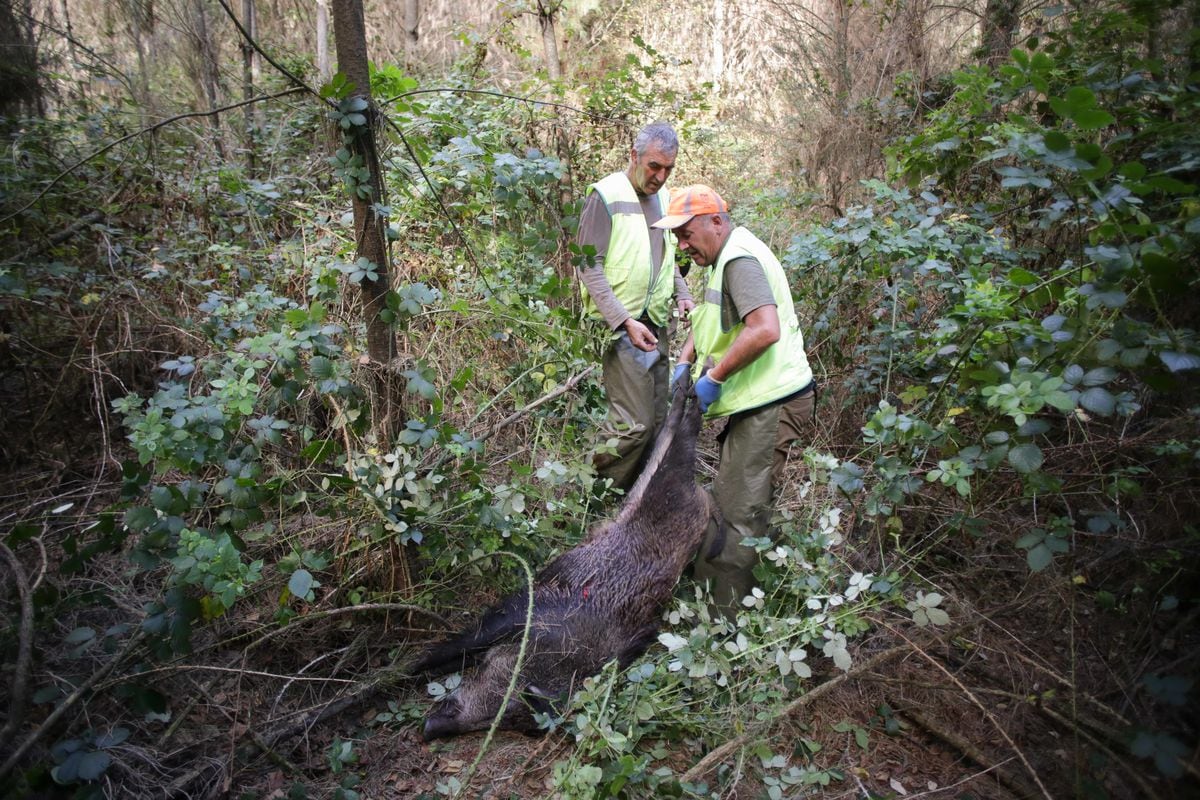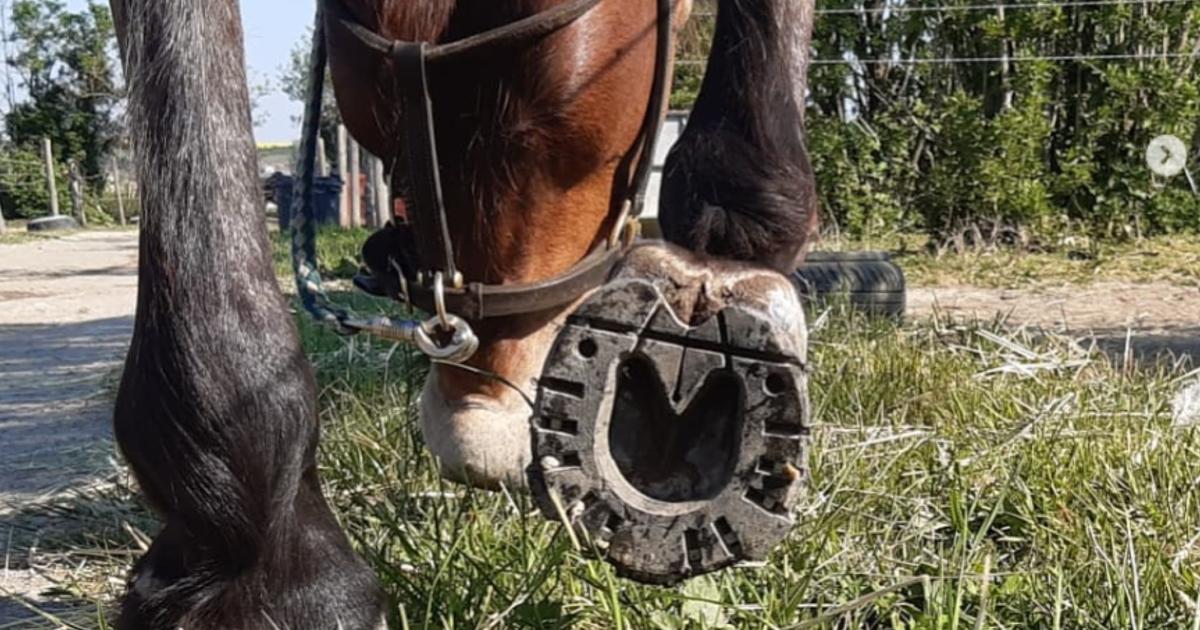Civil Guard and Europol agents have dismantled a criminal organization that was introducing horse meat unfit for human consumption into the European market.
In the police operation, 35 people have been arrested and a livestock farm in Valencia closed, where 80 animals lived in conditions of mistreatment and without veterinary assistance.
The meat of these horses, highly appreciated in some European countries, can be consumed if the animal has been bred for this purpose and has proper traceability, something that did not happen in this case, creating a public health problem.
The network bought "waste" horses (that were no longer used for recreational or work purposes) for about 100 euros and passed them off as production animals, generating up to 1,500 euros of profit per horse.
"Horse meat is usually consumed in countries like Belgium or France," said José Carlos Martínez, from the Central Environmental Operational Unit of the Nature Protection Service (Seprona), on Thursday.
“But when a horse is going to be used for production, veterinary controls are carried out from birth so that it meets all the conditions for consumption.
If not, the animals may have received drugs that are harmful to humans, constituting a public health risk.
That is why it is important to always know the traceability of the animals ”, he continued.
According to Seprona, the traceability of the animals was altered by manipulating their registration and falsifying the documentation of the horses that includes their individual identification, their aptitude for consumption or their transfer for subsequent slaughter.
For the most part, the meat was shipped to Italy and Belgium.
In addition to the 35 arrests (six of them in Belgium, thanks to the collaboration with Europol), the agents have immobilized more than half a ton of horse meat that was already on sale in butcher shops, and which posed a public health problem.
They are accused of belonging to a criminal organization, money laundering, animal abuse, document falsification and crimes against public health.
The network's turnover is around 4.5 million euros.
State of the animals in the closed cattle farm in Valencia.
Civil Guard
The so-called Operation Yucatán has also closed a clandestine cattle farm that continued to operate despite having ordered its closure in 2019, when the Civil Guard arrested Jan Fasen, known as the emperor of horse meat and claimed by France, where he had been Pass the horse meat for beef.
More information
The Civil Guard detains the emperor of horse meat, claimed by France
The farm has continued to operate in unfortunate conditions for the animals.
The agents discovered 80 horses in an irregular situation subjected to mistreatment, presenting different diseases and without receiving any type of veterinary care.
After the proceedings, the livestock farm was sealed and the horses removed.
Due to the omission of care and veterinary attention that it required and the serious state of health it presented, one of the horses had to be subjected to immediate euthanasia.
In addition, the lack of this supervision posed a risk, which could give rise to outbreaks of zoonotic diseases, which can be transmitted to people.
Another aspect of animal abuse has to do with the transfer of live horses for subsequent slaughter in other countries.
The agents detected a trip from Valencia to Germany, lasting many hours, in which the horses were in a truck without access to water or food.
Less than 10,000 tons of this meat
According to the Ministry of Agriculture, the production of horse meat has maintained an irregular behavior in recent years, penalized by its high production cost and its consumption as a secondary product, an alternative to other meats.
In 2020 (latest data available), the total production of horse meat stood at 9,529 tons, from the slaughter of 36,900 equines, which represents a decrease of 1% compared to the previous year.
In any case, its consumption in Spain is minimal: it usually fluctuates between 0.1% and 0.2%.
Horses for human consumption are usually raised in the north and slaughtered in Catalonia and the Valencian Community.
A report from the department of Luis Planas points out that "his status as a user of pastures necessarily links the production, and the fattening of equines, to the Cantabrian coast, highlighting the breeding of rustic autochthonous breeds in the North of Castilla y León, Cantabria , Asturias, Navarre and the Basque Country”.
However, "the location of the intensive feedlots and the slaughterhouses, however, means that the final period of the fattening and the majority slaughter take place, generally, in Catalonia and the Valencian Community, which also account for most of the consumption".
A consumption that, in any case, is very minority also in these territories.
Spain is a net exporter of live animals destined for slaughterhouses, as well as horse meat, mainly to countries in the Community environment with a tradition of consuming this type of meat, such as Italy, Belgium or France.
In 2020, total horse meat exports increased by 15% compared to the previous year.
You can follow CLIMATE AND ENVIRONMENT on
and
, or sign up here to receive
our weekly newsletter



/cloudfront-eu-central-1.images.arcpublishing.com/prisa/KAMEVPDOXBG7TIMQFEJC6QI7DU.JPG)




